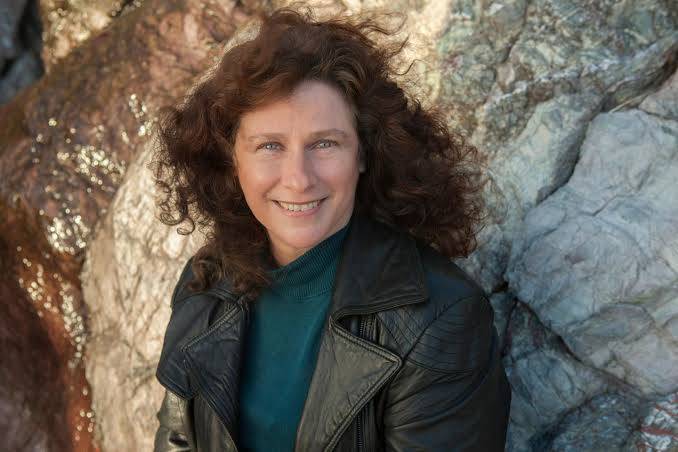French Haven for American Climate Scientist: Camille Parmesan's Story
In the wake of the Trump administration's withdrawal from the Paris Climate Agreement, many American climate scientists felt a sense of disillusionment and despair. For Camille Parmesan, a renowned climate scientist, the situation was particularly dire. As a prominent researcher on the impacts of climate change on ecosystems, Parmesan found herself at odds with the Trump administration's stance on climate science.
Feeling increasingly isolated and marginalized in her home country, Parmesan made the difficult decision to leave the United States and relocate to France. As a "scientific refugee," Parmesan has found a new home in the French scientific community, where she continues to conduct groundbreaking research on the impacts of climate change.
Parmesan's journey to France was not an easy one. As a leading researcher in her field, she had established a thriving career in the United States, with numerous publications and awards to her name. However, as the Trump administration's anti-climate stance became increasingly clear, Parmesan felt compelled to take a stand.
"I couldn't just sit back and watch as the Trump administration dismantled decades of climate research and policy," Parmesan explained in an interview. "As a scientist, I felt a moral obligation to speak out against the administration's actions and to continue conducting research that would help us better understand the impacts of climate change."
Parmesan's decision to leave the United States was not taken lightly. She had to navigate the complex process of obtaining a visa and securing funding for her research in France. However, with the support of her French colleagues and the French government, Parmesan was able to establish a new research laboratory at the University of Montpellier.
Since her arrival in France, Parmesan has continued to conduct cutting-edge research on the impacts of climate change on ecosystems. Her work has focused on the effects of climate change on butterfly populations, as well as the impacts of climate change on human health.
Parmesan's research has been widely recognized and respected in the scientific community. She has published numerous papers in top-tier scientific journals and has received several awards for her work.
Despite the challenges she faced in leaving the United States, Parmesan is grateful for the opportunity to continue her research in France. She believes that the French scientific community offers a unique and supportive environment for climate researchers.
"The French scientific community is incredibly strong and supportive," Parmesan said. "There is a real sense of camaraderie and collaboration among researchers here, and I feel very fortunate to be a part of it."
Parmesan's story serves as a testament to the power of international collaboration and the importance of supporting climate research. As the world continues to grapple with the challenges of climate change, Parmesan's work serves as a reminder of the critical role that scientists play in advancing our understanding of the natural world.
- _Butterfly Populations:_ Parmesan's research has focused on the impacts of climate change on butterfly populations. Her work has shown that changes in temperature and precipitation patterns are altering the distribution and abundance of butterfly species.
- _Human Health:_ Climate change is also having a significant impact on human health. Parmesan's research has explored the links between climate change and the spread of disease, as well as the impacts of climate change on mental health.
- _Support for Climate Research:_ The French scientific community has been a strong supporter of climate research. The French government has committed to reducing greenhouse gas emissions and has established a number of initiatives to support climate research.
- _International Collaboration:_ The French scientific community is also known for its strong international collaborations. Researchers in France work closely with colleagues from around the world to advance our understanding of the natural world.




No comments yet
Be the first to share your thoughts!